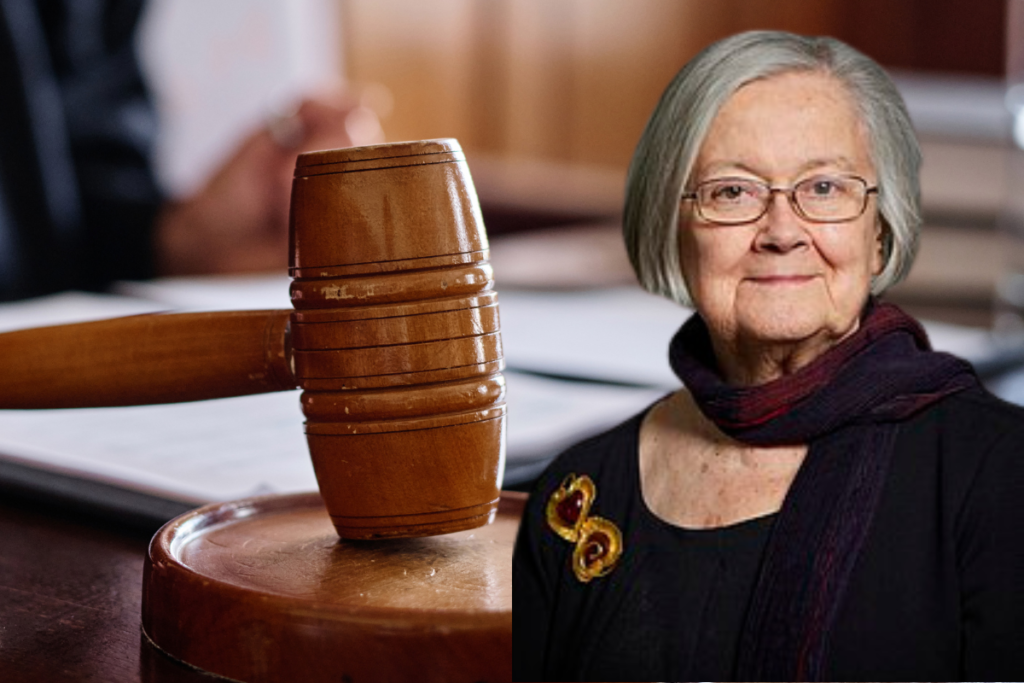The UK government has launched a national inquiry into grooming gangs following a scathing report by Baroness Louise Casey that exposed widespread institutional failures in addressing child sexual exploitation. The inquiry, which aims to confront what many officials have described as “uncomfortable truths,” will examine the role of local councils, law enforcement agencies, and other public institutions in failing to protect vulnerable children over several decades.
Baroness Casey’s audit revealed a culture of denial within many local authorities and police forces, where warnings about group-based child sexual abuse were ignored or downplayed. Particularly in areas like Rotherham, Greater Manchester, and West Yorkshire, authorities were found to have minimized the scale of abuse, often citing concerns about inflaming racial tensions due to the disproportionate involvement of perpetrators from Asian backgrounds. Shockingly, the report noted that in nearly two-thirds of grooming gang cases, the ethnicity of perpetrators was not recorded, undermining efforts to identify crime patterns and prevent future abuse.
The report also criticized the lack of national data collection and transparency around convictions, as well as inadequate support systems for victims. Casey identified multiple institutional shortcomings, including the adultification of teenage girls, where they were perceived as willing participants rather than victims, and poor coordination between child protection services and law enforcement. She called for several sweeping reforms, including mandatory rape charges for adults who engage in sexual activity with children aged 13 to 15, and changes to immigration laws to prevent convicted abusers from claiming asylum in the UK.
Home Secretary Yvette Cooper has pledged to adopt all 12 recommendations laid out in the report. Victims’ Commissioner Helen Newlove emphasized the importance of the inquiry addressing difficult truths and prioritizing justice for the survivors. Children’s Commissioner Rachel de Souza echoed these concerns, stressing that professionals and institutions consistently failed to act when children were at risk. While the inquiry has been widely welcomed, some critics, including former Chief Crown Prosecutor Nazir Afzal, have expressed skepticism, arguing that criminal investigations, not just inquiries, are needed for real accountability.
The inquiry is being framed as a critical step toward acknowledging past failures, supporting survivors, and ensuring that systemic neglect of this scale is never repeated. The government has committed to a full and transparent process, and the findings will be made public upon the inquiry’s conclusion.



